Empathy is the foundation of productivity
When employees feel connected to each other and to the company that they work for they are likely to be four times more productive than if they’re not.
And for teams to achieve goals, productivity is very important. When people feel disconnected from their teammates and from the company then not only do results suffer, but it also affects how people feel about themselves and about others too. As a result, the potential for self and team fulfilment through goal achievement is greatly diminished. It becomes a vicious cycle that many teams find themselves in. Leaders demand more, which serves only to drive a bigger wedge between people.
Feeling ‘emotionally connected’ is something that as humans we’re continually on the lookout for in both our personal and professional lives. Creating these human-to-human bonds is called different things in different cultures. Here are some examples:
The Māori people of New Zealand call it ‘Whakawhanaungatanga’; the Japanese call it ‘Kizuna’; Hawaiians call it ‘Aloha Spirit’; whilst Native Americas call it 'K’é’: K’é.
Each of these cultural phrases centres around connection, compassion, kindness, mutual respect and belonging. And it’s only natural - indeed it's part of our biology - that we should want to develop human-to-human bonds with the people that we work with.
That said, most organisations and teams lack the commitment or desire to ever get to the point where connections between team members are even created in the first place. They insist on results, productivity, efficiency and the pursuit of high-performance without investing time and effort into building emotional connection - or empathy - between people in order to get there.
In my experience, most simply assume that people will figure each other out and find ways to work together and in the absence of any structure, that’s exactly what will happen. Unfortunately, however, there is a significantly increased chance that those relationships will be built on assumptions rather than facts and as a result the opportunity for toxicity within the culture is greatly increased.
It’s so important to create these connections that I spend the first part of my workshops simply building empathy. People will often say that this is the best part as they never make time for relationship building. In a short space of time they are able to find out things about each other that they never knew and it allows them to build a relationship that kick-starts collaboration.
What is empathy?
Empathy is defined as the ability to understand or feel what another person is experiencing. ‘In organisational awareness,’ writes Chade-Meng Tan in his book, Search Inside Yourself, ‘you understand the feelings, needs and concerns of individual people and how those interact with those of others and the organisation as a whole.’
What he’s saying is that in cultures of self-aware individuals, you ‘get’ each other and adjust the way you interact as a consequence. In this environment, relationships are easy to build – as people are open to doing so – and agreements are formed on how work will get done. This in turn facilitates the building of a ‘safe’ environment and, as a result, connections between people are continually enhanced.
What’s required to get to this point is deeper understanding. People need to understand themselves better and also understand those that they work with.
However, this doesn’t mean that people have to be best friends (a common misconception), live in each other’s pockets or occupy the same space all of the time. Indeed, being best friends can often get in the way of productive work, leading to favouritism or inappropriate/unethical behaviour.
Empathy is a choice
And it shouldn't be understated that empathy is hard to do. The ability to understand and share the feelings of others doesn't come naturally. It's a choice that we have to make and then we have to put in lots of time, effort and listening to get to the point where we're able to do it consistently. Yet, once learned, it can't be unlearned. Empathy is a life skill that will continually reward us.
By empathising with team members, individuals can better understand their perspectives, motivations, and needs, leading to stronger relationships with others and an enhanced connection to the culture that they are part of.
This understanding then allows for better problem-solving, conflict resolution, and support among team members, ultimately contributing to improved results and a positive work environment. Empathy helps to create a culture of respect and inclusivity, where everyone feels valued and supported, leading to higher morale, enhanced loyalty, a willingness to continually improve and that all-important productivity.
Empathy, like vulnerability and resilience, are important emotional skills to be developed by everyone in 2024 and beyond. Indeed, almost three quarters of people think that empathy is a skill that can (and should) be learned by all, whilst 83% of GenZ employees - the next generation to enter the workforce - would choose an organisation with a strong culture of empathy over an employer offering a slightly higher salary.
Empathy, therefore, is not a ‘nice to have’; it’s the foundation on which great things are built.

